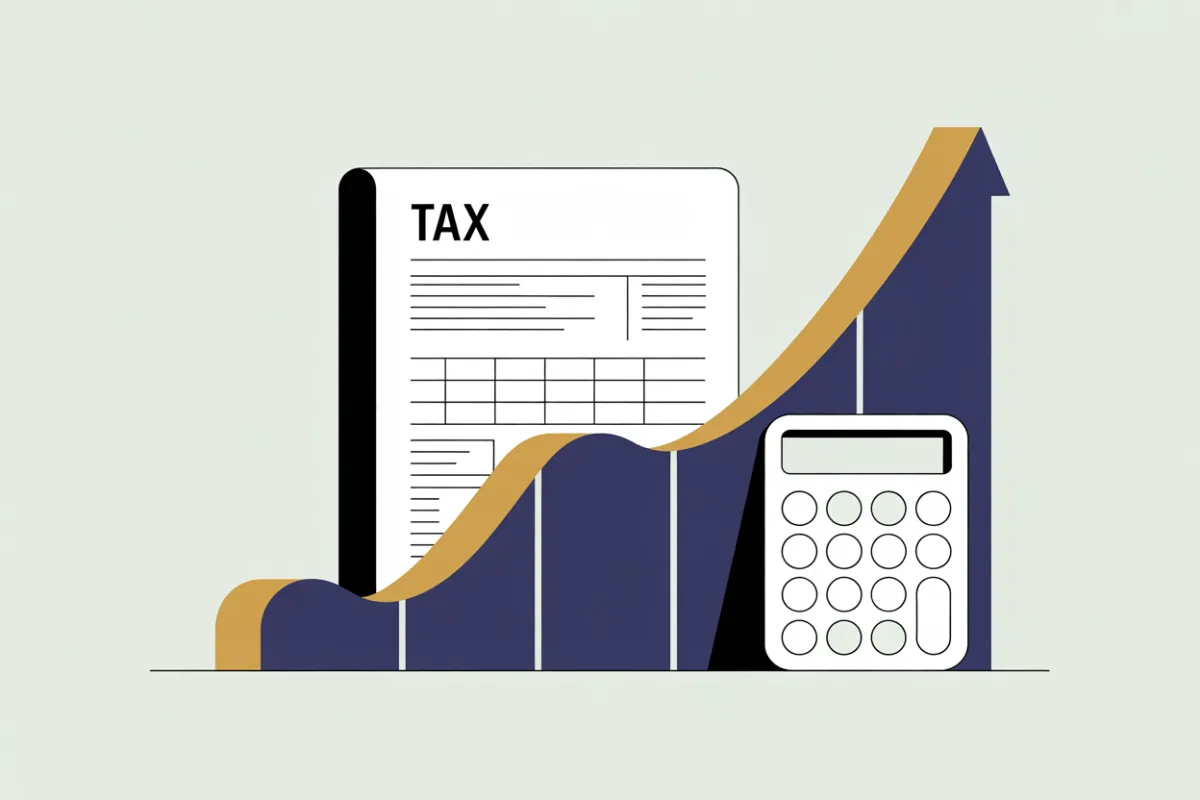
OBBBA SALT Deduction Changes: What Taxpayers Must Know
🧭 The Big Picture: SALT Deductions Are Back on the Table
For years, the state and local tax (SALT) deduction was one of the most politically charged tax provisions in America. When the Tax Cuts and Jobs Act (TCJA) capped it at $10,000 in 2018, high-income earners in states like New York, California, and New Jersey saw their itemized deductions shrink overnight.
But with the passage of the One Big Beautiful Bill Act (OBBBA), Congress made sweeping changes that temporarily expanded and modernized the SALT deduction—bringing relief (and strategy) back into the picture for solopreneurs and small business owners.
Let’s unpack what’s new, how the deduction phases out at higher incomes, and how you can plan proactively to capture the full benefit.
💡 What Changed Under the One Big Beautiful Bill Act
Here’s what you need to know:
The $10,000 SALT cap is gone... for now
Taxpayers can now deduct up to $40,000 of state and local taxes (property, income, or sales) depending on filing status.A new phase-out threshold applies.
The full deduction is available for taxpayers with Modified Adjusted Gross Income (MAGI) below:$500,000 (Single, Married Filing Jointly, Head of Household)
$250,000 (Married Filing Separate)
Above these thresholds, the deduction gradually phases out by 30% of the income above the threshold until it disappears entirely at $600,000/$350,000, respectively.
Pass-through entities still have options.
The OBBBA retains state-level “workaround” rules for S Corps and LLCs paying pass-through entity (PTE) taxes—allowing further optimization for entrepreneurs who plan carefully.
🧮 The SALT Deduction Calculator
We have designing an interactive calculator that will help you visualize exactly where your deduction starts to fade out as your MAGI increases.
Use it to:
Enter your filing status, income, and state/local taxes paid
See how your SALT deduction changes at each income level
Explore “what if” scenarios for business owners using S Corps or PTE elections
📊 The calculator will make this tangible — because the difference between a $10,000 and $40,000 deduction could easily mean $7,000–$15,000 in real tax savings depending on your marginal bracket.
🏠 Why This Matters for Solopreneurs and Small Business Owners
For entrepreneurs, this expansion isn’t just about getting a bigger deduction — it’s about strategic flexibility:
Buying property now carries more tax efficiency in high-SALT states.
Shifting income through business structures (like S Corps) can preserve phase-out eligibility.
Timing income and deductions becomes a powerful tool again — especially for those nearing the phase-out thresholds.
This is where smart tax strategy pays off. A proactive approach lets you capture deductions that others will lose simply by not planning ahead.
🧠 Quick Example
Let’s say you’re married, file jointly, and expect to earn $575,000 in 2025. You paid $45,000 in combined property and state income taxes.
Under the old $10,000 cap → you’d deduct $10,000.
Under OBBBA → you could deduct $40,000, but since your income is over to the $500,000 phase-out start, you'd only get $17,500 of that.
That’s still better than the previous situation by $7,500 which could translate to about $3,000 in tax savings.
That’s money you can redirect into retirement funding, business reinvestment, or debt reduction.
💬 The Strategic Takeaway
If you live in a high-tax state or own a small business, the new SALT expansion changes your game plan. The key questions now are:
Should you accelerate or defer income to stay under phase-out levels?
Is your entity structure still optimal post-OBBBA?
Can you combine SALT optimization with homeownership or relocation strategies?
🪜 Next Step: See Where You Stand
👉 Use the SALT Deduction Calculator to model your potential benefit.
Then, schedule a 15-minute Tax Strategy Session to:
Map your personalized deduction phase-out
Identify hidden opportunities using your business structure
Build a plan to legally reduce your tax liability before filing season hits
💼 Tax Sherpa helps growth-minded entrepreneurs turn tax law into leverage — with proactive, transparent strategy you can explain with pride.
